Table of Contents
Chapter 19
Abdul in the Garden
Abdul in the Garden
It was a holiday. Abdul was helping his Abbu in the garden. Abbu was clearing the dried leaves and grass from the vegetable beds. Abdul started to pull out the grass from one of the beds. He found that it was not easy to pull out even the small grass. His hands became red by the effort. In trying to pull out grass, Abdul knocked down a stick that was supporting the pea plant (climber). The delicate stem of the pea plant broke. Abbu said, “Why are you pulling the grass? The roots of the grass are strong. You will have to dig them out.” Abdul carefully dug out the plant. He then saw that the roots of the grass plant were longer and much more spread out than the part of the plant above the ground.


-
The stick which was stuck in the ground fell very easily. It was difficult to pull out a small grass. Why?
-
Do all plants have roots?
-
Look at some plants and trees around you. Imagine how deep and spread out the roots of these are.
-
After three days, Abdul saw that one broken part of the pea plant had dried. Guess which part would have dried up? Why?
Abbu remembered that he had to send some radish (mooli) home. He started to pull the radish out of the soil. Abdul wondered whether these were also roots. Only a few radish were pulled when there was suddenly a strong wind and rain. Both of them picked up the radish and ran. They had just reached home when a branch of the neem tree in the courtyard broke and fell. In fact, Abbu was lucky to have missed by only a few inches. Despite the strong wind the tree remained firm on the ground. They both sat down to have tea with Ammi. Abbu said to Abdul, “The plants were getting dry. Now that it has rained, we will not have to water the plants. We can now sit and play ludo.”
-
Why do you think the neem tree did not fall despite the strong wind?
-
On putting water in the soil where the plants are growing, the droping leaves become fresh again. How?
-
What do you feel, do all plants need water?
-
Which of the plants around you need regular watering?
-
What will happen, if nobody gives water to these plants?
-
Abdul realised that he never watered the huge neem tree. “Where did it get its water from?” he thought. Which of the plants around you do not need watering. Where do they get water from? Make two guesses.
-
Abdul wondered whether radish was a root. Why did he think so?
-
Look at the pictures below and find out which of these vegetables are roots.
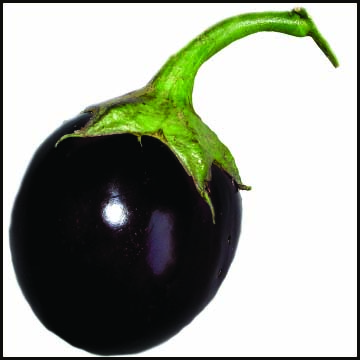
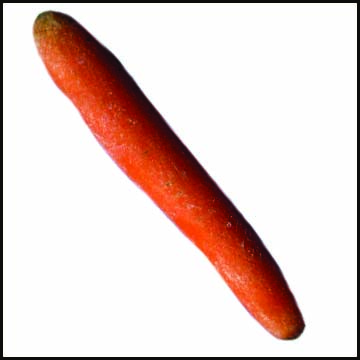
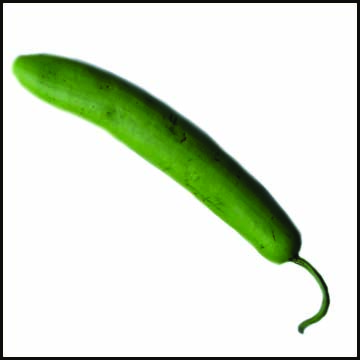
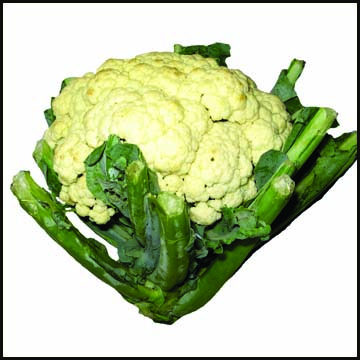
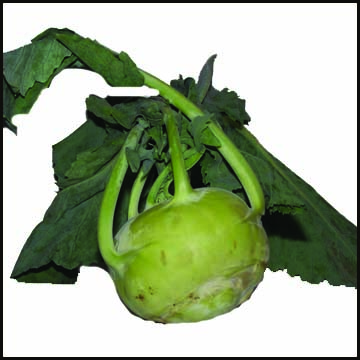
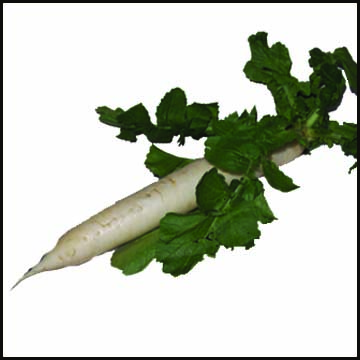
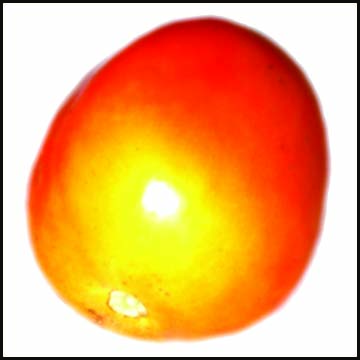
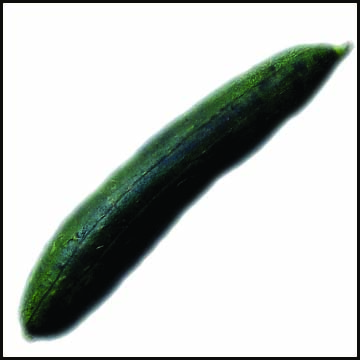


Abdul has more Questions
Nowadays Abdul keeps thinking about all kinds of plants that he sees.
Abdul saw a plant growing out of a wall in school. He wondered —
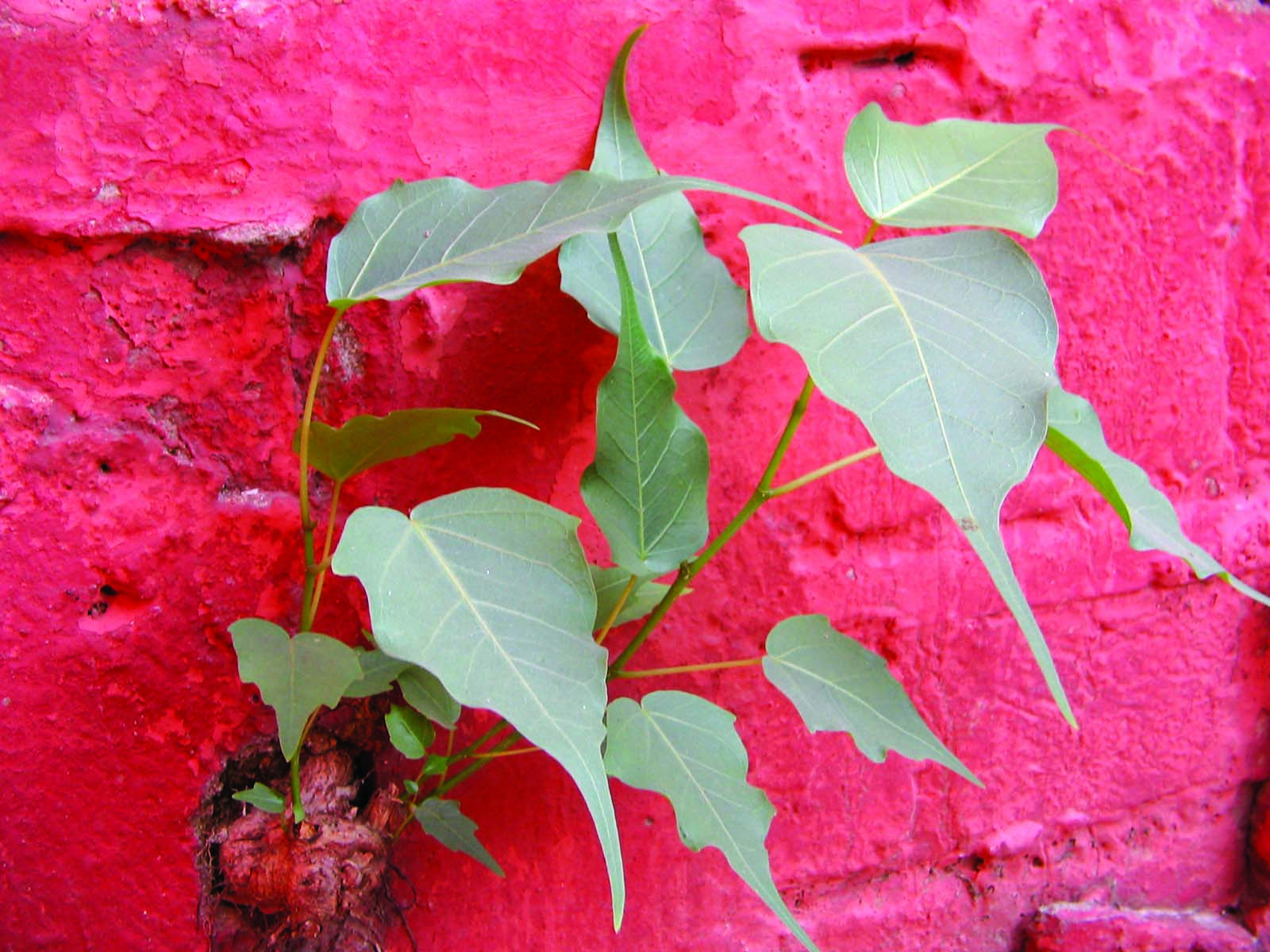
-
How deep must the roots of this plant be going?
-
How do the roots get water?
-
How big will this plant grow?
-
What will happen to the wall?
-
Can you give the name of the plant in the picture?
For the teacher: The concept that roots absorb water is difficult for children (at this age) to understand. It is however important to give them opportunities to think about this relationship. Different children may be at different levels of thinking. It is important to give space to their ideas.
Have you ever seen a plant growing from a crack in a wall? Where was it? Did you have any questions when you saw it?
What were some of your questions? Ask elders and find the answers. Find out the name of the plant you saw.

Abdul saw a huge tree that had fallen on the roadside. He remembered the neem tree in his courtyard. He could see some of its broken roots. Abdul thought —
-
Would someone have uprooted such a big tree or would it have fallen on its own?
-
How old would this tree be?

-
Abdul on seeing a tree surrounded by cemented ground, thought that how will it get rain water?
Let us talk
-
Which are the oldest trees in your area? Find out from your elders how old the trees are?
-
Name animals who live on this tree.
-
Have you ever seen any big tree that had fallen down? What did you think when you saw it?
Unusual Roots
Have you swung from a banyan tree? What did you hold to swing? What looks like the hanging branches are actually the roots of the tree. These grow down from the branches until they reach the ground. These roots are like pillars that provide strong support to the tree. The banyan tree also has roots under the ground, just as other trees have.
There is a law against cutting trees
There was a tree growing close to a lamp post. The tree was so full of leaves that the light of the bulb was blocked. People felt that the branches of the tree needed to be trimmed. Before they do this, they need to take written permission from the government office.

Have you seen any tree which has roots growing from its branches?
Let us do this
Get together with 3-4 of your friends – From the list of things given, decide who will bring which thing.
A transparent glass tumbler or bottle with a wide mouth, rubber band or thread, some seeds of moong, wheat, bajra, mustard, channa (chick peas) or rajma (red beans) and a wad of cotton wool.
Each group will work with only one kind of seed. Soak a few seeds (5-6) overnight in a bowl full of water. Take the wad of cotton wool and wet it. Put it on the mouth of the tumbler. Tie it tight to the mouth with rubber band or thread. Remove soaked seeds from water and place them on the cotton wool. You will have to take care that the cotton wool does not dry. Observe the changes that take place for the next 10 to 12 days. Did you observe the seedlings come out of the seeds? Draw the picture of the seedling as it looks on the fourth and the eighth day.
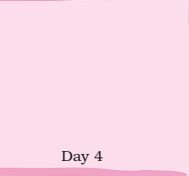
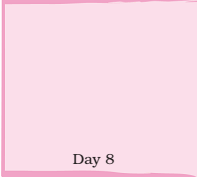
Write in your notebook
-
What difference did you observe in the seeds after soaking? Compare with dry seeds and write.
-
What do you think would happen if the cotton wool had been left dry?
-
In which direction did the roots grow? And the stem?
-
How big did the plant grow in the cotton wool?
-
Did small plants come out from all the seeds?
-
What is the colour of the roots?
-
Did you see any hair on the roots?
-
Try and pull out one little plant from the cotton wool. Were you able to pull it out? Why?
-
Did you see how the roots grip the cotton wool? Do you think that the roots hold the soil in the same way? Also look at the plants grown by your friends.
Do you know?
Desert Oak is a tree that is found in Australia. It grows almost as tall as your classroom wall. It has very few leaves. Guess how deep its roots go down? Imagine the length of about 30 such trees laid down in a line end to end, one after another. That is how long the roots of this tree can be. These roots go deep into the ground till they reach water. This water is stored in the tree trunk. Local people knew about this. When there was no water in the desert, the local people use to put a thin pipe into the trunk of the tree, to drink this water.
What Grows?
Arif and Roopali did the above activity. They saw the seedlings grow. When asked — what are the things that grow? They had very different ideas about things that grow.
Arif made a list of the following — Leaves, munna, bud, puppy, nails, fish.
Roopali’s list had – Moon, tree, I, hair, watermelon, mosquito, crow.
-
What do you think? Which of these things listed by Arif and Roopali grow?
-
Why don’t you make your own list of things that grow?
Your list can include the names of things that are in Arif ’s and Roopali’s list.
Think about yourself — in what ways have you changed over a period of time? Have you grown in any way? For example —
-
Has your height increased? How much taller have you grown in the last one year?
-
Imagine that you had never cut your nails! Draw a picture of your fingers in the notebook to show how they would have looked.
-
What other part of your body (some people cut it regularly) keeps growing?
For the teacher: Encourage children to plant trees in the school/ colony on the World Environmental Day or any occasion. Ask them to take care of their plants.
